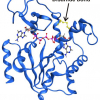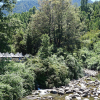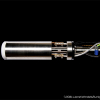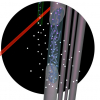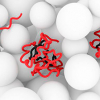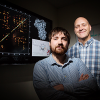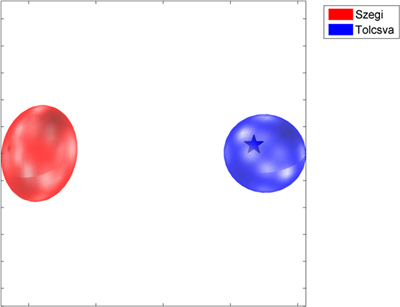
The Hungarian Ministry of Agriculture has selected Bruker’s collaboration partner Diagnosticum to implement a new programme to authenticate and identify Hungarian wines. Diagnosticum and Bruker will form the Hungarian Wine Consortium and develop a Hungarian wine model based on Bruker’s NMR FoodScreener technology for rapid and comprehensive wine profiling. The model will be used to authenticate and identify Hungarian wines, including the famous Tokaji wines.
Hungarian wineries have two years to submit their samples and participation is required. The programme reflects a commitment to strengthening the authenticity of Hungarian wines and improving their position in a global market where consumers are becoming increasingly wary of food and wine adulteration and fraud.
Dr Ferenc Péterfy, President of Diagnosticum stated: “The lab is ready, instruments are installed, and we are excited to provide the technical expertise to support this national programme. Building the model for Hungarian wines and validating their authenticity will increase consumer confidence and trust in these wines on a worldwide basis.”
Wine profiling by NMR relies on the acquisition of the spectroscopic fingerprint specific of each individual sample. These metabolic profiles are compared to a large database of authentic wine samples using a multivariate statistical approach. This high-throughput technique provides a wide range of information that is both targeted (quantification of defined substances) and non-targeted (identifying deviations from reference spectra). The Hungarian model will extend the already existing database of Spanish, Italian, French, Chilean, Austrian and German wines.



